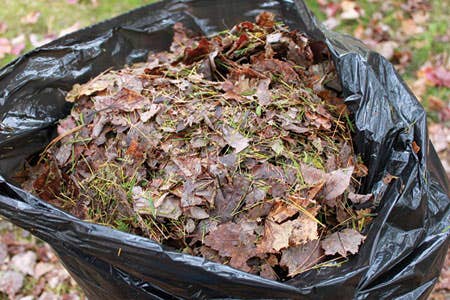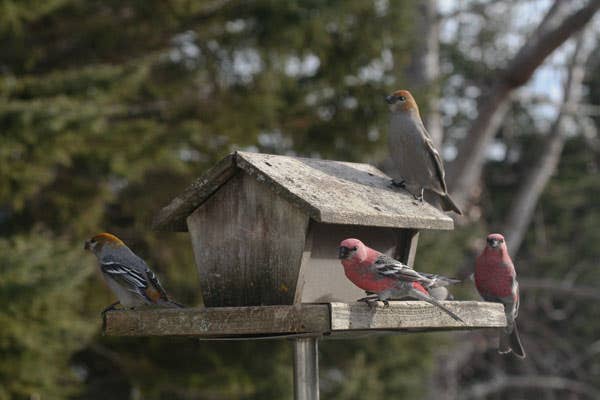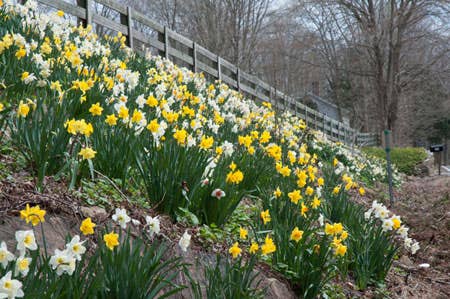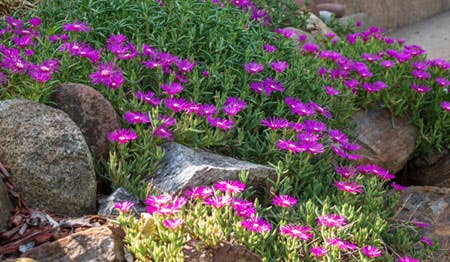How to Reduce Worm Castings In Your Lawn
The following post is excerpted from the May/June 2005 issue of Horticulture. Question: I’m having a bad problem with worm castings in my lawn. The turf is turning a lumpy,…
The following post is excerpted from the May/June 2005 issue of Horticulture.
Question: I'm having a bad problem with worm castings in my lawn. The turf is turning a lumpy, muddy mess. What can I do?
Of the more than 200 species of earthworms in North America, the common night crawler (Lumbricus terrestris) is most likely to be causing your problem. They are a dominant species in temperate regions and play a big role in the breakdown of organic matter and the development of soil.
Night crawlers produce deep vertical underground burrows and feed on organic matter mainly on the soil surface. As they excavate their burrows, these worms consume mineral soil and litter. They excrete their fecal matter, or casts, in mounds on the soil surface. Researchers estimate that earthworms carry 20 to 25 tons of soil per acre up to the surface each year.
The casts actually benefit your lawn, because they contain readily available nutrients. The burrowing activity of the night crawlers and their soil mixing also improve the soil's drainage, porosity, aeration, and structure. Finally, earthworms decompose thatch and stimulate microbial activity.
However, extraordinarily high populations of night crawlers can produce so many mounds of soil that grass blades are smothered. On sloped ground, the casts can be carried away in heavy rains. Use a rake to scatter the castings across the lawn. If you have an automatic irrigation system, increase the interval between waterings to allow the top few inches of soil to dry out, forcing the earthworms to tunnel deeper into the soil. Also, mow your lawn at the higher end of its recommended height range to hide the castings. An acidifying fertilizer, such as ammonium sulfate, will reduce the soil pH and make it less favorable for night crawlers. However, do not let the pH fall below the 7.0 that is generally needed for the grass to grow well.
Image Credit:Wikimedia Commons
________________________________________________
Prevent other insects from infesting your lawn and garden with Garden Guys Garden Neem.
Find solutions to your other horticultural problems in Smart Gardening Series: Problem Solving.
Mask worm castings with these decorative Lawn Ornaments.
Subscribe to our free gardening e-newsletters.







